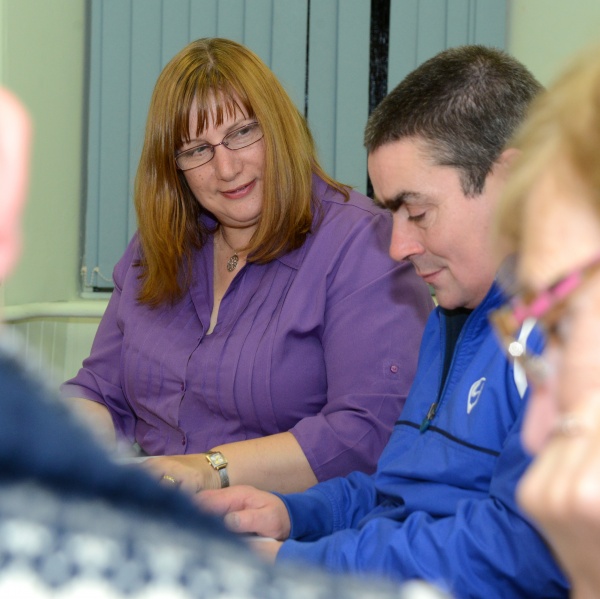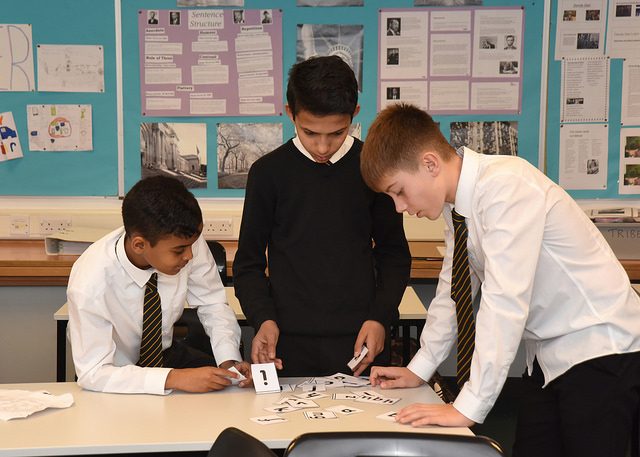
Tag: closing the gap
Raising Attainment – Sharing Good Practice Nationally
Falkirk Council recently shared their approach to raising attainment in literacy at the National Literacy Network. Our Literacy Strategy was shared, with examples of good practice from each work stream. Colleagues from across sectors and from all over Scotland attended the session and feedback was extremely positive.
St. Bernadette’s pupils stunning rap demonstrating the 6 reading comprehension strategies was shared and was really well received. Colleagues really liked the way the pupils demonstrated their understanding in a very creative way.
Active Literacy work from Bonnybridge Primary School was also shared and colleagues were impressed with the range of active literacy strategies which were shared.
Colleagues were impressed with the work Falkirk is carrying out to support parents and carers. We shared some of our you tube animations for parents/ carers and parental leaflets. We also shared the you tube training videos which are available 24/7 for teachers to access to support the delivery of active literacy in the classroom and outwith.
Our key successes for this year so far have been populating the work streams of our Literacy Strategy, a consistent approach to teaching higher order reading skills and consistency of approach. Our next steps are to take the strategy forward even further to continue to raise attainment and close the gap.
It was a really enjoyable morning sharing good practice and engaging in professional dialogue with colleagues.
We are really excited to take this forward in the future.
Extremely Exciting Times!
CLD is excited to be part of a couple of ground breaking pieces of work currently taking place within Falkirk, aimed at providing literacies support for both adults and young people.
One of these is through an Early Years Consortium ‘Test of Change’. This is where new or untried activities to increase literacies skills and opportunities are tried out and monitored to see if they work. P4 pupils from the Denny area, as well as Adult literacies learners from across Falkirk are currently taking part in a Visual Stress Test to identify if they have visual difficulties, which wouldn’t be picked up by a regular eye test, but which may contribute to reading difficulties. Those identified are taking part in further testing by the Caledonian University with the aim of identifying exercises or aids which could lessen the visual difficulty and so make the process of reading, or learning to read much easier. Hopefully all the testing will be completed by Christmas.
The second new piece of work to Falkirk is the Education Scotland funded initiative ‘Closing the Gap’. This is one of 7 projects across Scotland that are involved in action research to identify ways of reducing the inequality gap in Education. In Falkirk this project is targeting P7 pupils and their families with extra support and opportunities to work with CLD & school staff on small group or family work. Within schools work will be on ‘High Five’ interventions, and within the community on activities to increase families’ confidence with, and motivation for learning. This pilot is expected to take place until March 2015 but it is anticipated that funding will continue after this.
Both of these pieces of work will be evaluated on completion to identify if they make up a sustainable model for targeted and holistic intervention in literacy, with the objective that ‘no child is left behind.’
On top of this our core adult literacy classes (15 classes) and ESOL (English for speakers of other languages) classes (16 classes) continue to take place in local accommodation, Falkirk wide. In these classes adults build on their skills in areas that are relevant to them, and in ways that they are comfortable with. Qualifications are optional, although there are increasing opportunities for adults to gain their Communication and Numeracy SQA’s in other more mainstream CLD classes, for example work clubs and healthy cookery classes.
Find out about all of these opportunities and more in the what’s on where newsletter
Engaging with Families
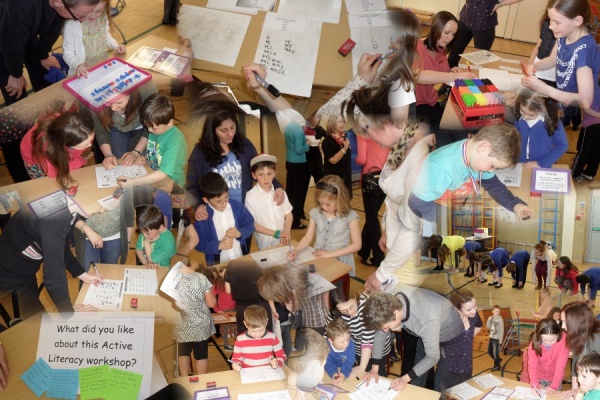
Falkirk Council is proud to be featured on the Scottish Government’s website – ‘Engaging with Families’. It demonstrates one of the ways Falkirk are working with families (Work stream 4) in pursuit of ‘zero tolerance to illiteracy’. We are delighted to be featured here with a good practice story from Kinneil Primary School and Nursery Class in Bo’ness.
The ‘engaging with families’ website contains lots of ideas and advice in relation to raising attainment and closing the inequity gap. It explores a range of ways in which families can support children to achieve their potential. The ‘Learning at Home’ section demonstrates how Falkirk Council have developed our ‘Learning to Achieve’ policy to support learners in the community. Part of this strategy includes interactive literacy and numeracy workshops where parents are given practical suggestions for how they can support their child’s learning at home.
For further information, please contact your child’s school to see if they are hosting an active literacy and/ or active numeracy workshop.

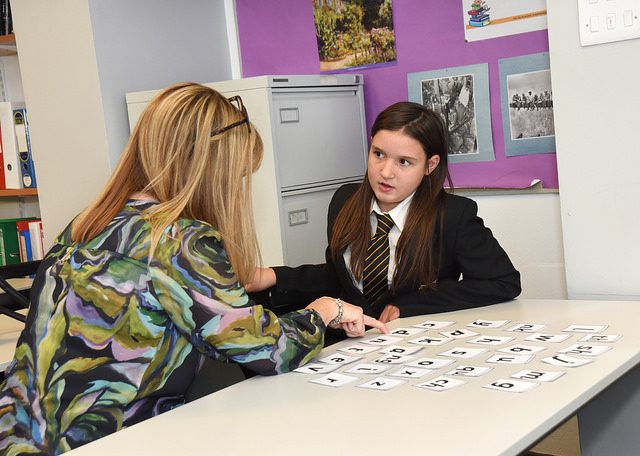
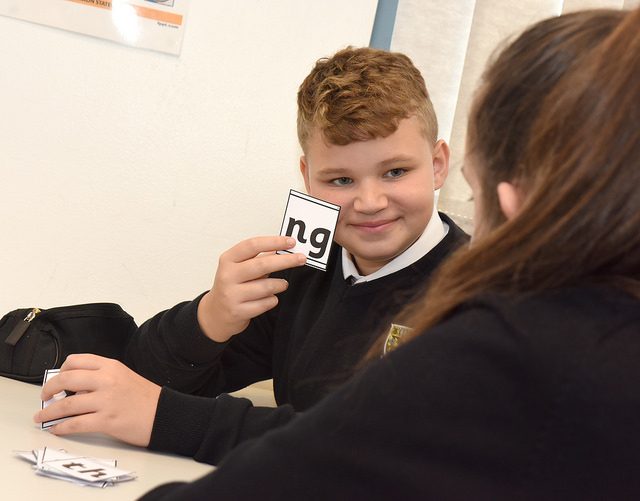
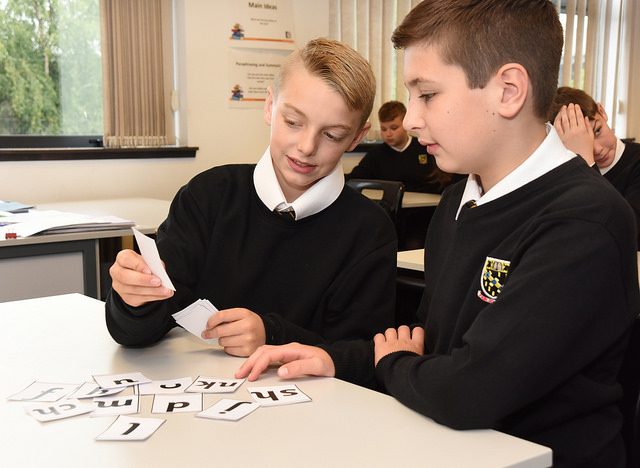
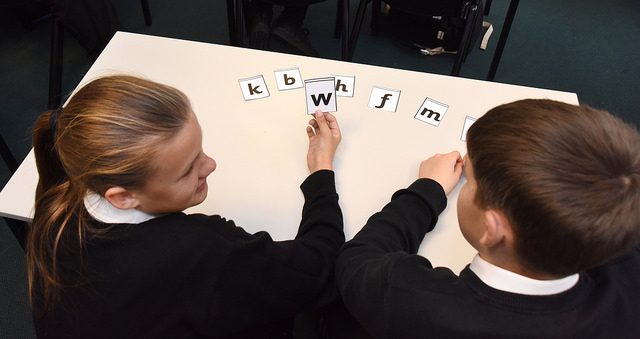 Reading Age improvements
Reading Age improvements
